How to buy and sell vinyl records for a profit: 6 top tips
LPs are more popular than ever - which means there’s money to be made...

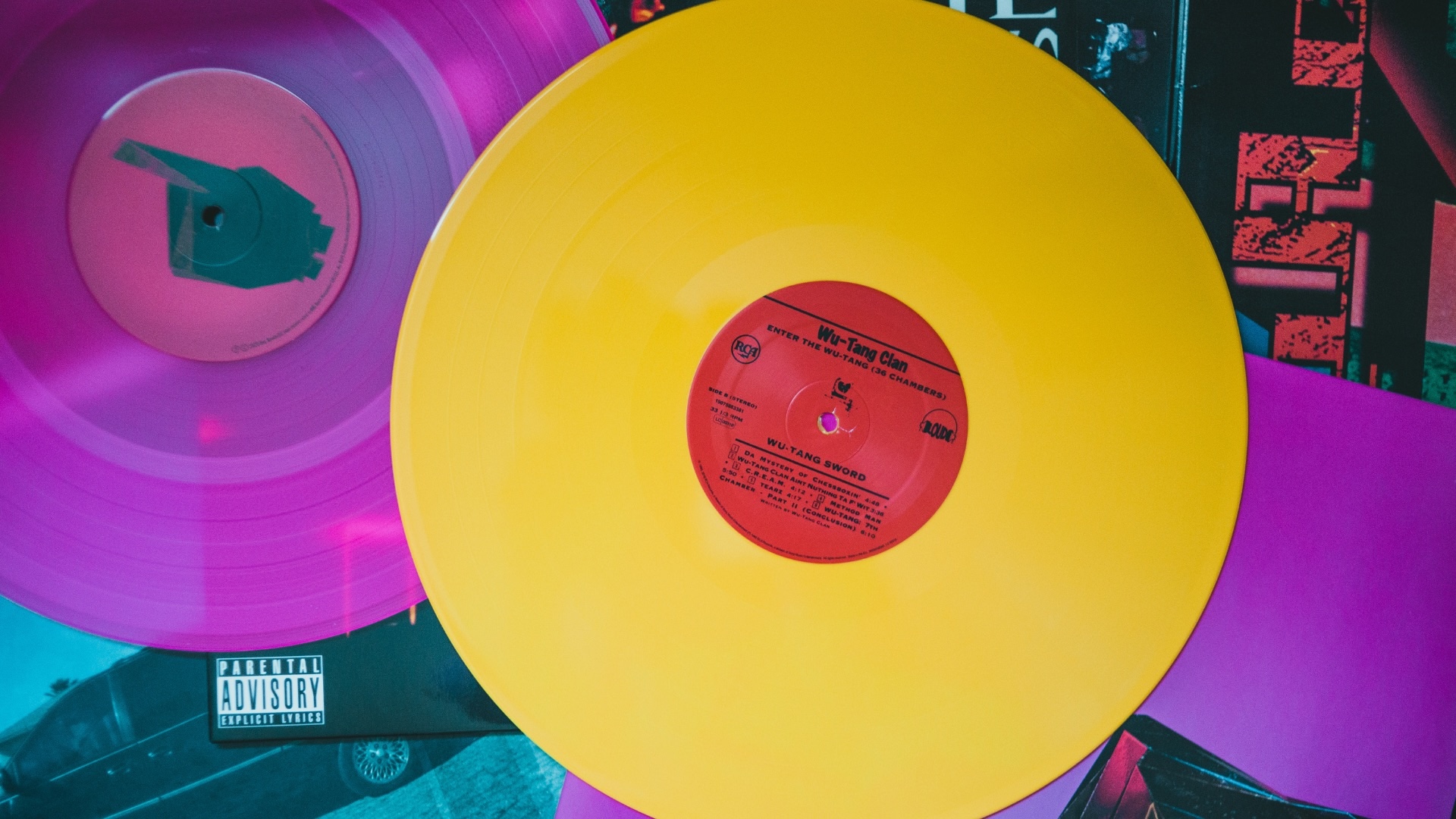
One of the more unlikely success stories of the past decade, along with people enjoying Mrs Brown’s Boys and eating kale, has to be the monumental resurgence of vinyl records. Unlike in days gone by when spinning the black circle was usually solely the domain of Dads, most LPs are now bought by fanatical 18-24 year olds — and that can result in some spare cash for the opportunistic among us.
The vinyl market is at its highest point since 1990, with music lovers scrabbling to get their hands on rare records that come in every shape, size and colour imaginable. In the USA for example, where fewer than a million LPs were sold back in 2006, that number last year was reported at a staggering 43.2 million units.
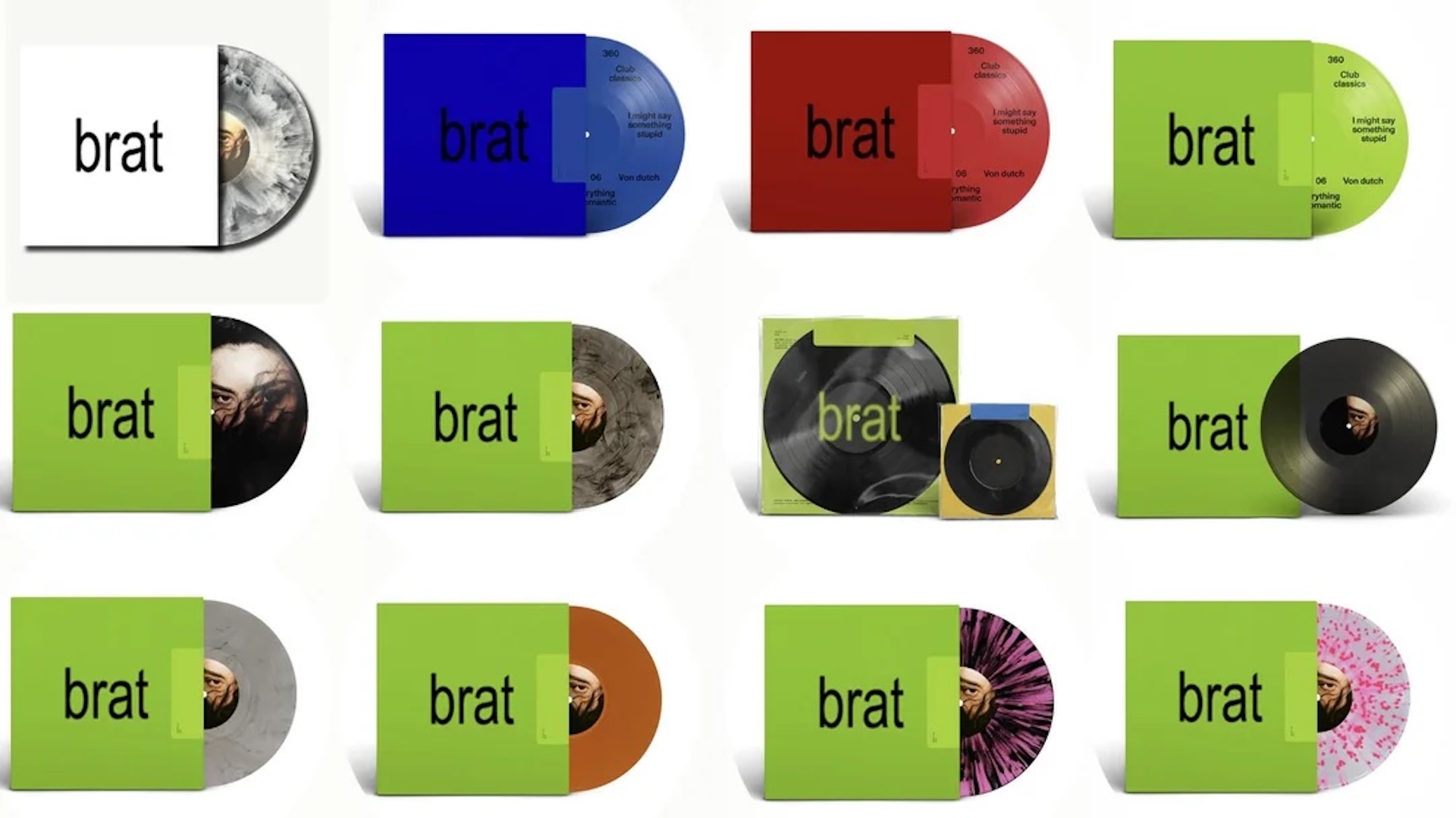
With vinyl sales once again helping to push an artist to the top of the charts, major acts are milking the musical cow dry — Charli XCX, for example, this year released “Brat” on no fewer than 29 different colour vinyl variants, featuring picture discs, zoetrope editions, alternative sleeves and tracklists.
If you’re looking for a side-hustle, that combination of limited editions and ravenous fanbases leads to an opportunity to buy and sell at a profit if you know what you’re doing. Ahead of this year's Black Friday edition of Record Store Day, check out the following tips and tricks on successfully selling wax.
1. Keep ahead of new releases
The most sought-after albums can sell out in just minutes when they’re released online, with genuine fans having to battle it out with bots to get hold of limited editions. The likes of Blood Records in the UK manufacture their own very special pressings of albums from major artists like Pearl Jam and Oasis but only to a low number of copies, meaning it’s a race against time to snap them up.
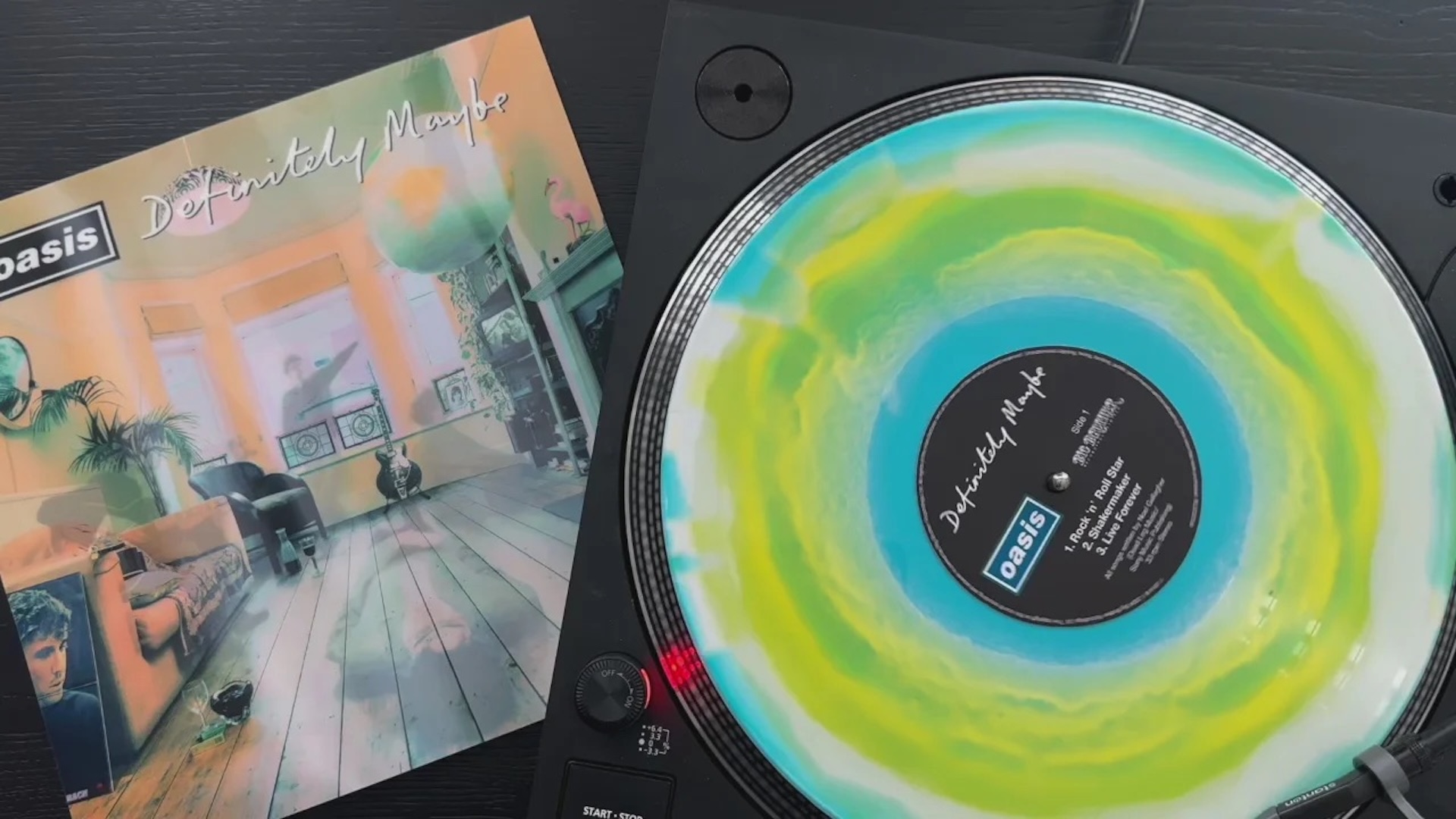
Once FOMO hits it means resellers can have a field day, flipping copies for two or three times the purchase price on eBay. One way of finding out what’s going to be up for sale is to go on Reddit and follow subreddits like r/vinylreleases, where music fans will post new releases as soon as they appear online, flagging when they’re sold out or if they’ve been restocked.
2. Do your research
With so many different pressings of each release, it isn’t easy to know which vinyl albums are uncommon and which aren’t. Discogs is a useful resource: it’s a massive catalogue of artists and releases going back decades, with private collectors merging with buyers and sellers, and while sifting through it might be overwhelming at first, it features handy tools such as the current ‘most-wanted’ so you can see which albums and versions are most in demand. It also handily tracks exactly how much each vinyl last sold for on the site, its price history over time, and how many copies are available on the market.
Get exclusive shortlists, celebrity interviews and the best deals on the products you care about, straight to your inbox.
3. Get an eBay account
While Discogs does have a vinyl-selling marketplace, eBay is where the majority of transactions take place, and where you’ll find the rarest records changing hands. Recently the site got rid of selling fees altogether, which can save a huge amount of money if you’re trying to get the best price for your own LPs.
Be careful though - this year the UK government announced a £1,000 tax-free limit for anyone selling their wares on auction sites, meaning if you go above that in a 12-month period you’ll need to report your income to HMRC. This can massively eat into any profit you make, so it’s important to weigh up if it’s worth the extra 20% or so you’ll be hit with, or if you’ll make enough money to swallow it.
4. Follow the female artists
The most successful music artists of the past few years have undoubtedly been female, with the likes of Taylor Swift, Chappell Roan, Sabrina Carpenter and Charli XCX selling many millions and building truly obsessive fanbases. Each of those artists will press vinyl in multiple variants in order to encourage their rabid supporters to collect each colour, resulting in feverish demand.
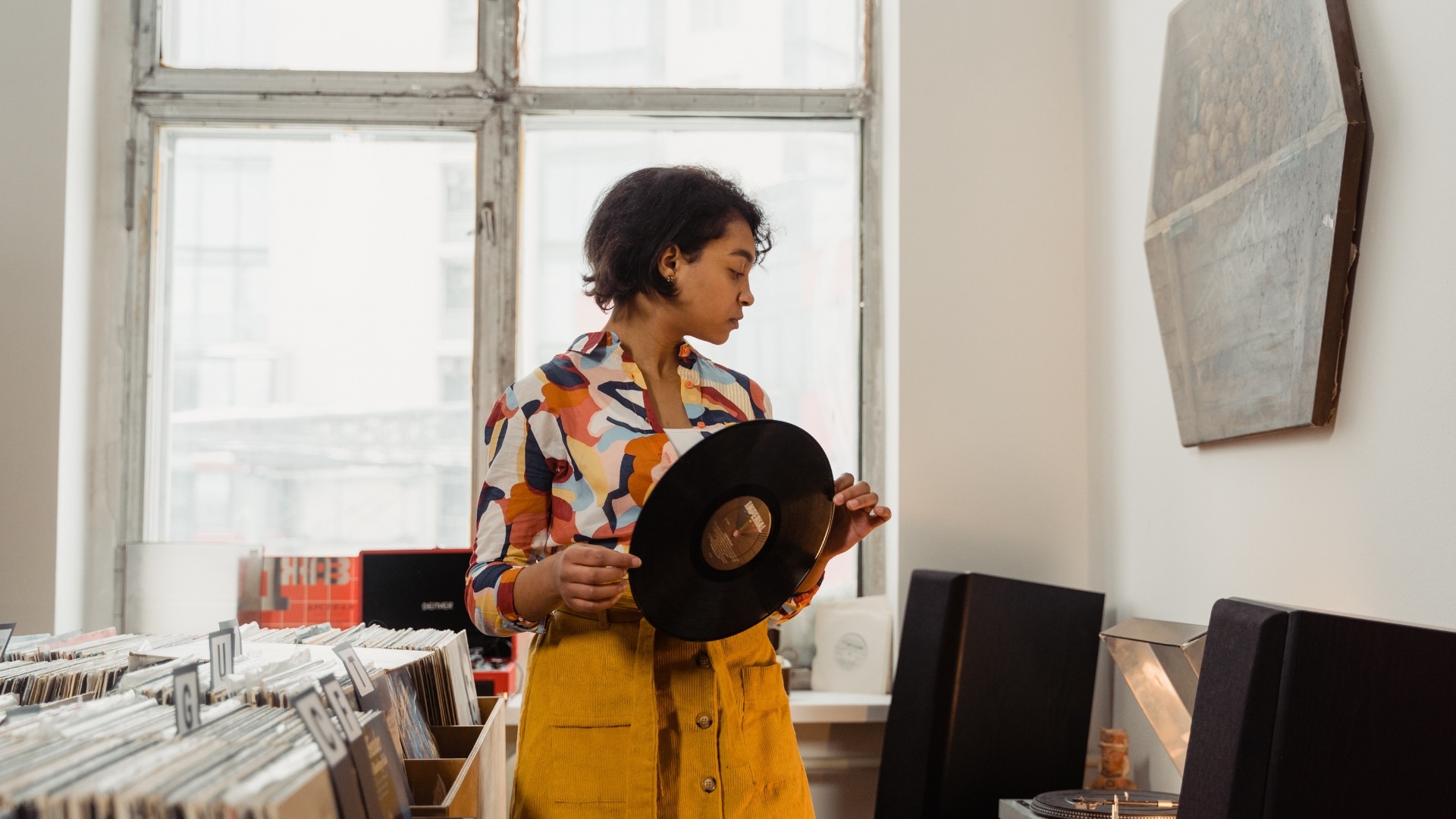
An example of the selling power of Taylor Swift is that when on Record Store Day 2023 she released a ‘limited’ version of her album Folklore, they had to press 75,000 copies, compared to the usual 5,000 or so for most artists on RSD. Despite that vast number it completely sold out, and the double-grey LP now changes hands for around £300 per copy on eBay. It originally cost just £40.
You’ll also want to look further away for unique records that sell for a premium. You can use specialist shipping companies to get hold of Japanese albums with alternative artwork (known as ‘obi-strips’), or US-only pressings from stores like Target and Walmart. Watch out for customs duties though - they’re applicable on any order over £130.
5. Know your limits
Like any retail operation, you’ll need to buy records before you’re able to sell them, meaning you either need a fair bit of cash up front, or a borrowing facility like a credit card. The issue here is that high rates of interest can easily wipe out the profit you make unless you’re paying everything off at the end of the month.
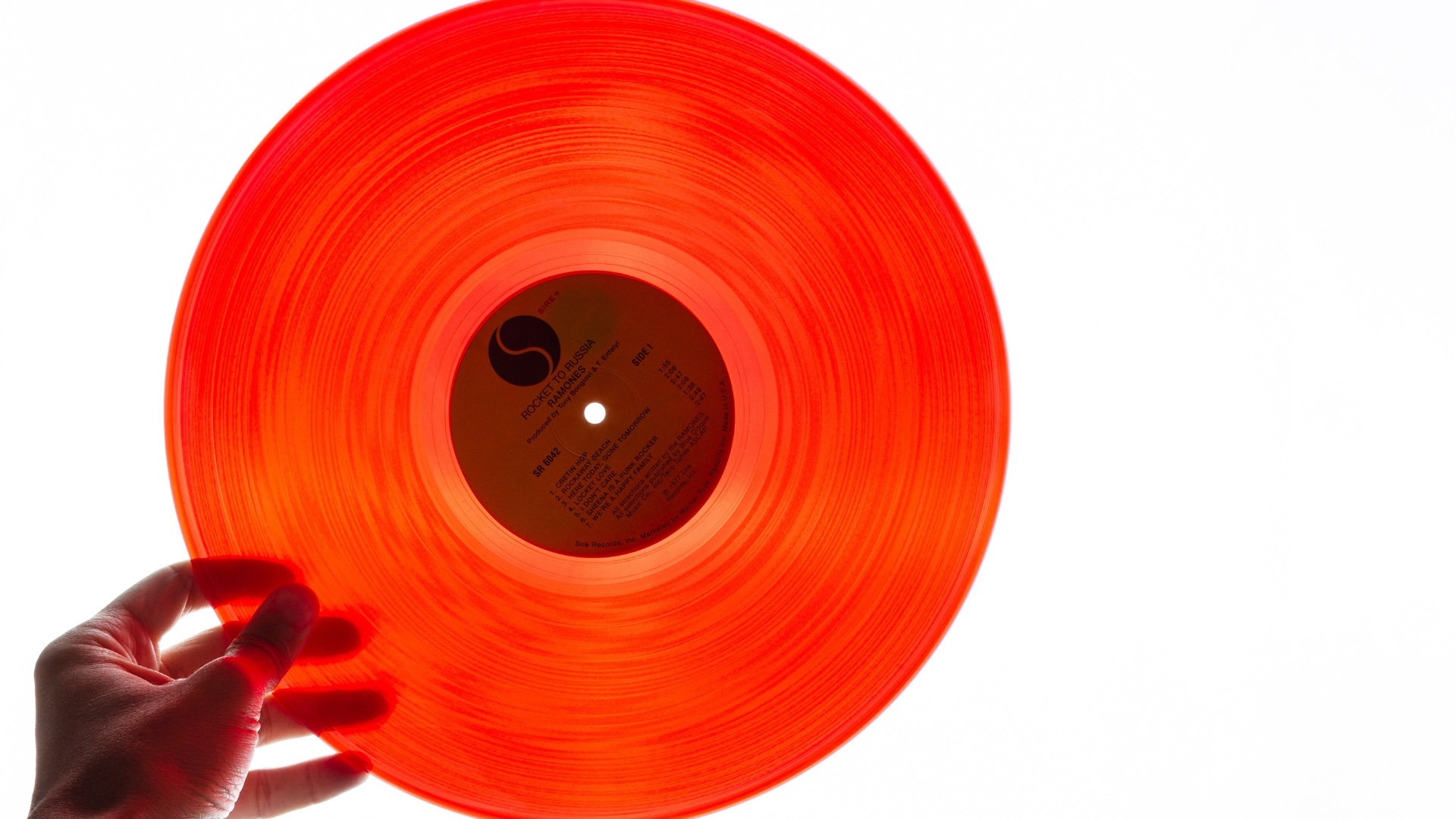
You’re also never guaranteed to get what you might expect for a record, even if it’s a limited edition or fairly scarce. On occasion, an album that was changing hands for hundreds of pounds on eBay or Discogs for months can suddenly get repressed, sending values plummeting and leaving you upside-down on whatever you initially forked out.
6. Don’t get high on your own supply
The problem with buying and selling records if you’re a music fan (and let’s face it, most of us are) is that these albums can be incredibly cool, aesthetically awesome and have you acting like a vinyl-obsessed Gollum as soon as you open up the cardboard mailer from the suppliers.
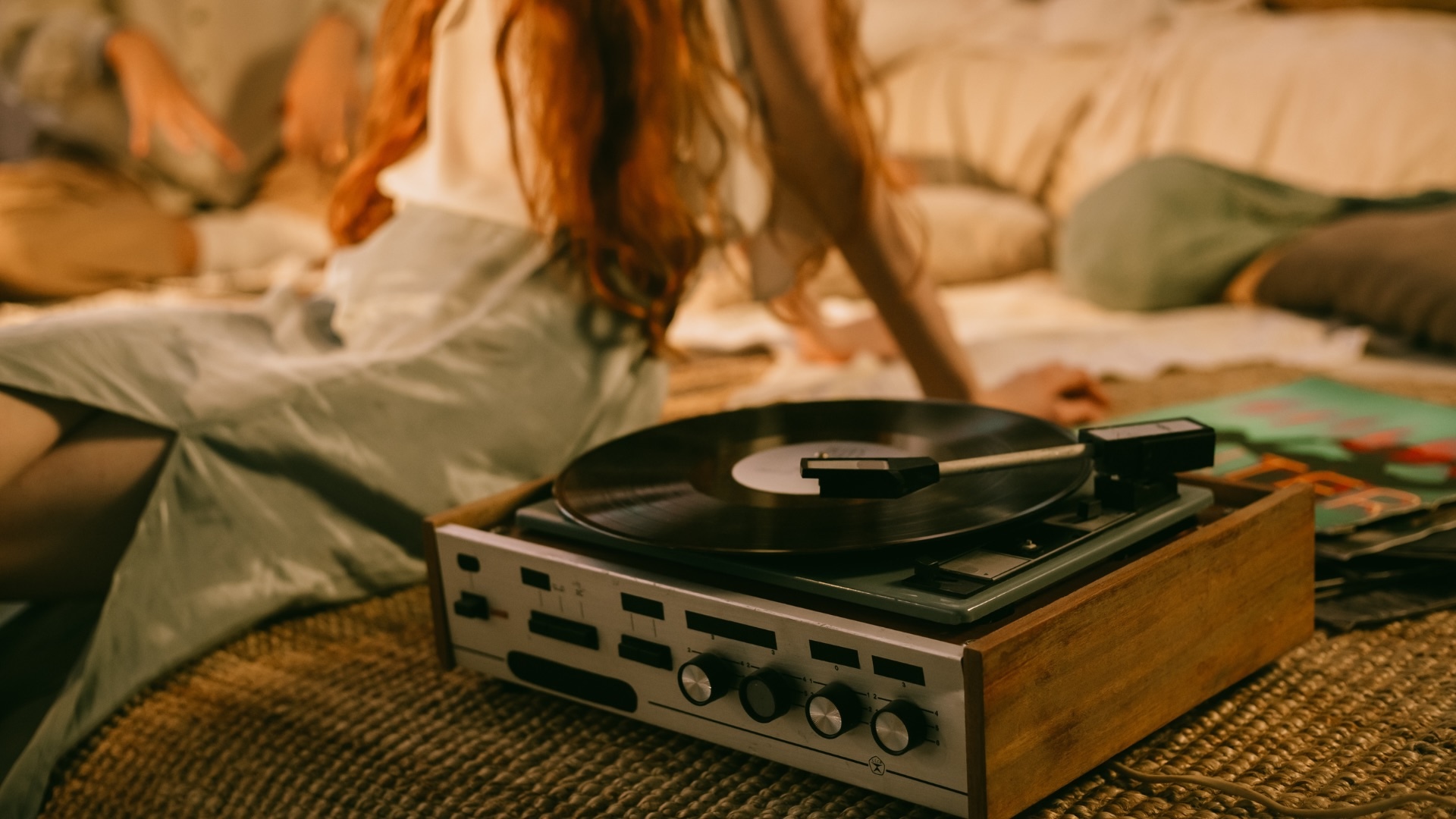
The temptation to ‘sell one, keep one’ or hang on to an album for months or years until it has appreciated in price is very real, meaning you’ve spent a lot of money on inventory but you won’t be making anything back whatsoever.
On the flip-side though, you will have a truly impressive record collection, which might impress people. Just don’t show them your credit card bill. Or the complete lack of food in the fridge.

For almost 20 years (!) Tim Bradley has penned entertaining words for major newspapers and websites on cars, music, movies, TV, football and much more besides. He has lived in both London (fun) and New York (still fun but scarier), but not at the same time, because until some quite significant scientific advances occur, it's physically impossible.